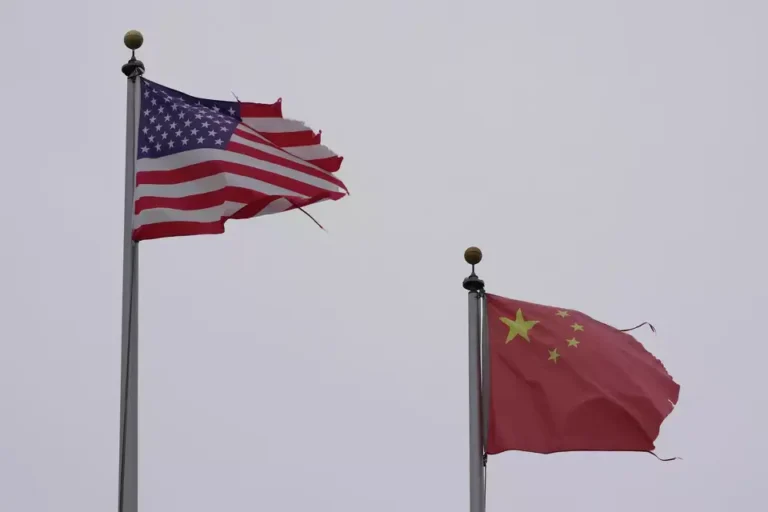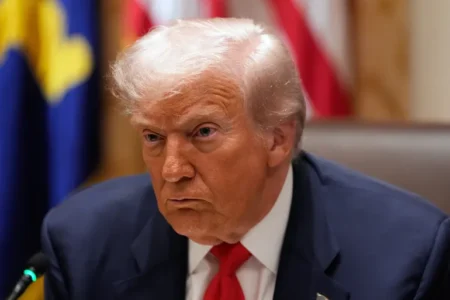As the United States and China continue their economic standoff, nations around the world are being forced to pick sides. Recent events, including Swiss officials meeting with both U.S. and Chinese leaders, highlight the growing tensions. While the Swiss president lobbied in Washington to avoid steep tariffs on Swiss goods, the Swiss foreign minister was in Beijing, seeking to deepen trade ties with China. This moment reflects a larger trend in global politics, as U.S. allies and other nations shift their allegiances in response to the ongoing trade war.
US-China Trade War Escalates
The trade war between the world’s two largest economies, the United States and China, has intensified under President Donald Trump’s administration. With tariffs rising on both sides, the global economy has been thrown into uncertainty. Trump’s policies, which aim to force other countries to negotiate on terms favorable to the U.S., have led many nations to reconsider their economic partnerships.
Shifting Alliances in a Polarized World
The impact of Trump’s trade strategy is becoming increasingly clear. While U.S. allies, including Switzerland, once relied on the U.S. for economic and diplomatic support, many are now seeking stronger ties with China. As American policies disrupt long-standing relationships, countries are adjusting their strategies to ensure stability and maintain economic growth. China, for its part, is positioning itself as a more reliable trading partner, offering stability and predictability in contrast to the volatility of U.S. tariffs.
For instance, during his visit to Beijing, the Swiss foreign minister discussed expanding the free trade agreement between Switzerland and China. Meanwhile, in Washington, the Swiss president worked to convince U.S. officials to back away from the 31% tariff threat on Swiss goods. This dual approach illustrates the balancing act many nations are now forced to perform.
Beijing’s Strategic Outreach
In response to Trump’s aggressive trade policies, China has ramped up its efforts to forge new trade partnerships. With a focus on economic diplomacy, China is presenting itself as a stabilizing force in the global economy. By offering alternatives to U.S. markets, Beijing is working to reduce its dependence on the U.S. and encourage other nations to align with its economic model.
The Global Impact of the Trade War
As the U.S.-China trade war deepens, countries around the world face a difficult choice: align with the U.S. and risk losing access to China’s massive market, or seek to strengthen ties with China and possibly face U.S. retaliation. This dilemma has significant consequences for global trade patterns, economic stability, and international relations.
Nations like Japan, South Korea, and members of the European Union are all grappling with the challenge of balancing their economic interests between the U.S. and China. For many, the economic fallout from Trump’s policies has made the decision more complicated. The potential for tariffs and other trade barriers has led to a reevaluation of long-standing economic alliances.







